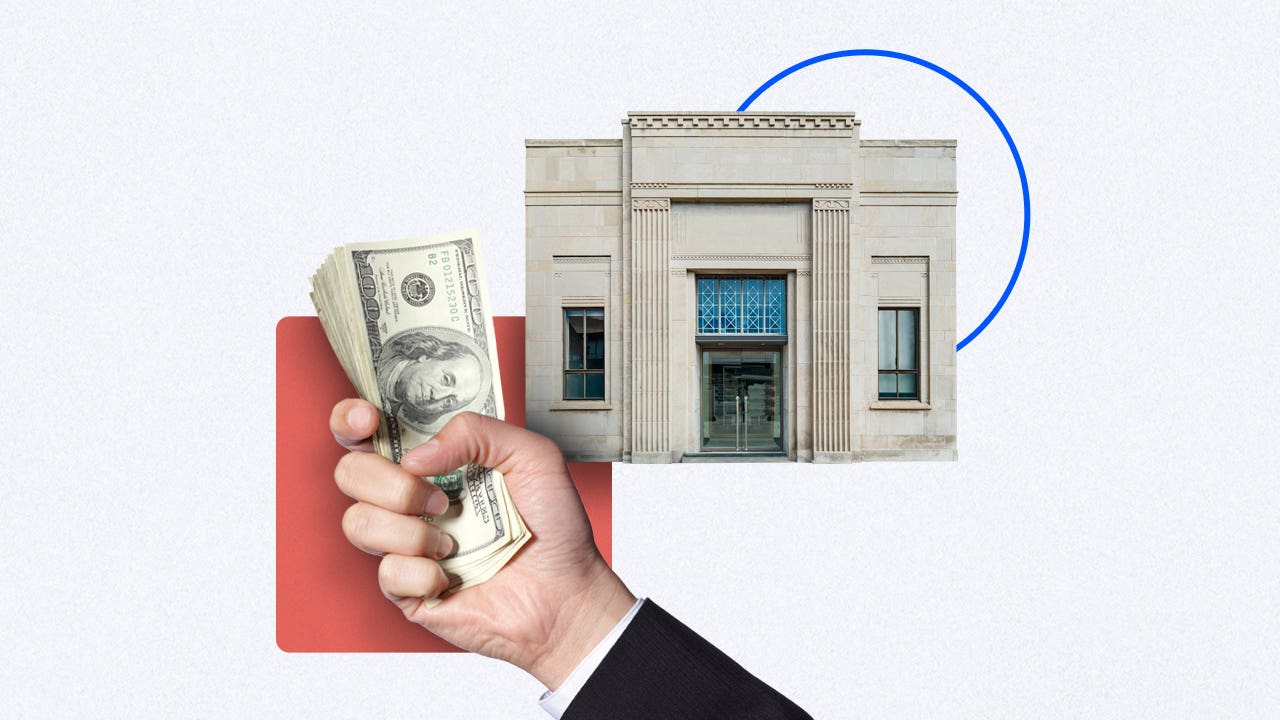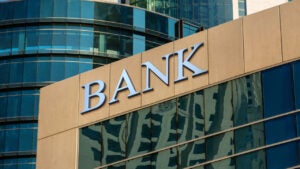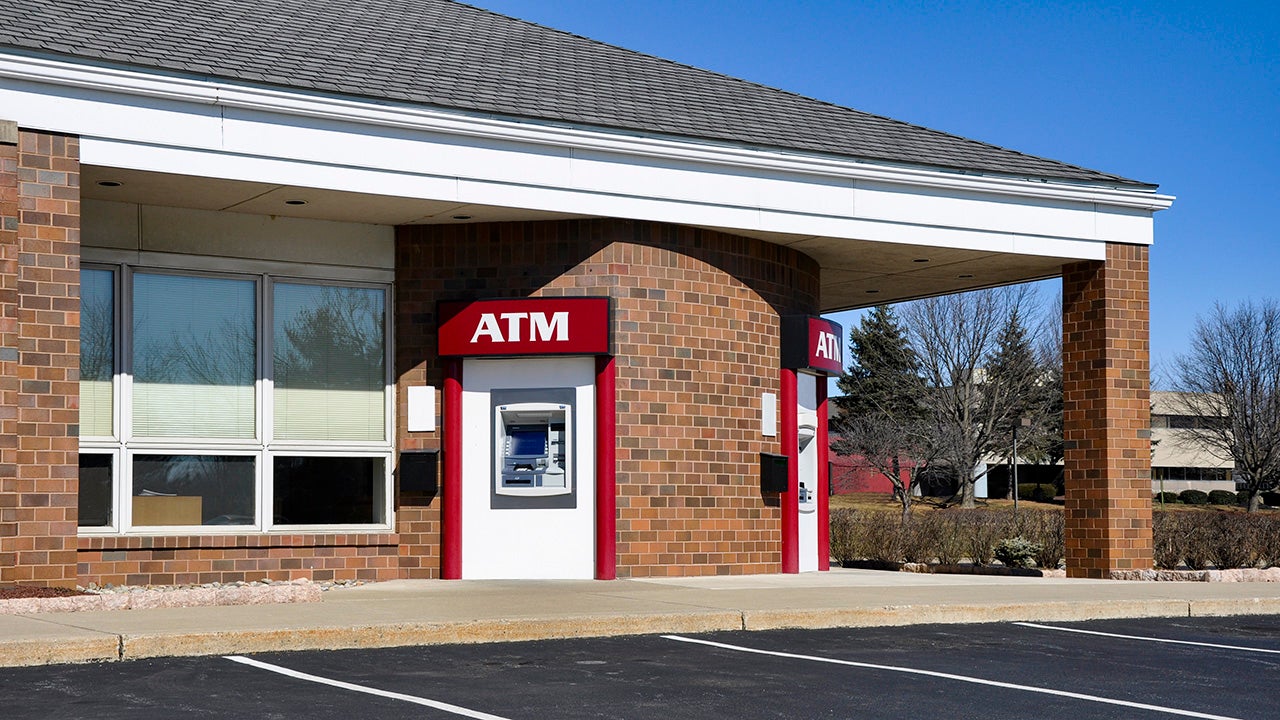Banks that give back

Key takeaways
- Socially responsible banks channel your deposits into community development, clean energy and social justice initiatives rather than fossil fuel investments.
- Credit unions operate as nonprofit cooperatives, often reinvesting profits back into member services and local communities.
- Banks that give back include Amalgamated Bank, Bank Purely, Limelight Bank, Forbright Bank and others.
In an era where consumers increasingly want their money to reflect their values, socially responsible banking has moved from niche to mainstream. From 2018 to 2023, CDFI assets tripled to more than $450 billion, while major banks face growing pressure to divest from fossil fuels and invest in community development.
These mission-driven financial institutions go beyond profit maximization to actively support causes like affordable housing, clean energy, social justice and economic empowerment in underserved communities. By choosing a bank that gives back, you can earn competitive rates while ensuring your deposits fund positive change rather than harmful industries.
Top socially responsible banks
Amalgamated Bank
Known as “America’s socially responsible bank,” Amalgamated Bank has been empowering organizations and individuals to advance positive social and environmental change since 1923. The New York-based bank is both B Corp certified and a member of the Global Alliance for Banking on Values.
The bank offers checking and savings accounts nationwide with no monthly fees, along with fossil fuel-free investment portfolios and their Climate Impact Debit Mastercard.
BankPurely
Bank Purely focuses on environmental sustainability and operates as a completely digital bank to minimize its carbon footprint. The bank commits to using customer deposits exclusively for financing renewable energy projects, sustainable agriculture, and eco-friendly businesses.
The bank offers competitive rates on savings accounts and CDs while maintaining a strict policy against investing in fossil fuels, weapons manufacturing or environmentally harmful industries.
Read Bankrate’s review of BankPurely.
Limelight Bank
Limelight Bank, launched in 2017 as the online division of Capital Community Bank, positions itself as an eco-friendly alternative focused on solar energy initiatives. The Utah-based bank operates paperlessly and states that customer deposits help fund solar energy projects.
Limelight offers competitive certificate of deposit rates with terms ranging from six months to three years, all requiring a $1,000 minimum deposit. While the bank has limited product offerings, it excels at providing above-average yields for CD investors who prioritize environmental responsibility.
Read Bankrate’s review of Limelight Bank.
Forbright Bank
Forbright Bank places sustainability at the core of its mission, with a goal to dedicate 50% of its portfolio to Sustainable Finance by 2025. The bank actively supports initiatives such as carbon sequestration projects and California redwood forest protection.
With branches in Maryland and Virginia, Forbright offers checking accounts, savings accounts, money market accounts and CDs. The bank charges a $10 monthly maintenance fee that can be waived with a $500 minimum balance.
Read Bankrate’s review of Forbright Bank.
Save (Fintech Platform)
Save partnered with Webster Bank to offer a unique reforestation-focused savings platform. At the core of Save’s mission is the goal to plant 20,000 trees in North America while providing customers with investment-linked savings returns.
With a $1,000 minimum deposit, Save provides customers a way to contribute to reforestation efforts while potentially earning higher returns than traditional savings accounts through their investment-linked model.
National Cooperative Bank
National Cooperative Bank (NCB) was chartered in 1978 specifically to serve cooperative-owned organizations and has maintained its community development mission for over four decades. In 2022 alone, NCB made loans and investments totaling $475 million to benefit those in need.
NCB offers customers access to over 32,000 fee-free ATMs through the MoneyPass ATM Network, interest-bearing checking accounts, money market accounts and various CDs with solid rates.
Banking with a Community Development Financial Institution (CDFI)
Community Development Financial Institutions are mission-driven lenders that provide fair, responsible financing to rural, urban, Native and other communities that mainstream finance doesn’t traditionally reach. CDFIs are required to direct at least 60% of their lending activities to underserved communities, making them powerful tools for community development.
There are more than 1,400 certified CDFIs nationwide, including community development banks, credit unions, loan funds, and venture capital funds. These institutions specialize in lending to individuals, organizations, and businesses in under-resourced communities while offering financial education and business coaching.
Finding a CDFI: The CDFI Fund website (cdfifund.gov) maintains a directory of certified institutions. Look for banks with CDFI certification if community development is your primary concern, as these institutions must meet strict requirements for serving low-to-moderate income communities and providing development services.
Don’t forget about credit unions
Credit unions offer another compelling option for socially conscious banking because they operate as nonprofit cooperatives owned by their members. Unlike for-profit banks that must generate returns for shareholders, credit unions return profits to members through higher savings rates, lower loan rates, and reduced fees.
Many credit unions actively invest in their local communities through financial education programs, small business lending, and affordable housing initiatives. Credit union members often enjoy more personalized service and community-focused banking relationships compared to large national banks. Check out Bankrate’s picks for best credit unions.
Bottom line
Choosing a bank that gives back allows you to align your financial decisions with your personal values. Whether you value environmental sustainability, community development or social justice, there are financial institutions that share your commitment to positive change.
Your banking choice represents more than just where you keep your money — it’s a vote for the kind of economy and society you want to support. By selecting a socially responsible financial institution, you can contribute to a more sustainable and equitable future.
Related articles:
- How to choose a bank that aligns with your values
- Credit unions vs. banks: Which is right for you?
- Sustainable investing: ESG funds and green portfolios
Why we ask for feedback Your feedback helps us improve our content and services. It takes less than a minute to complete.
Your responses are anonymous and will only be used for improving our website.






